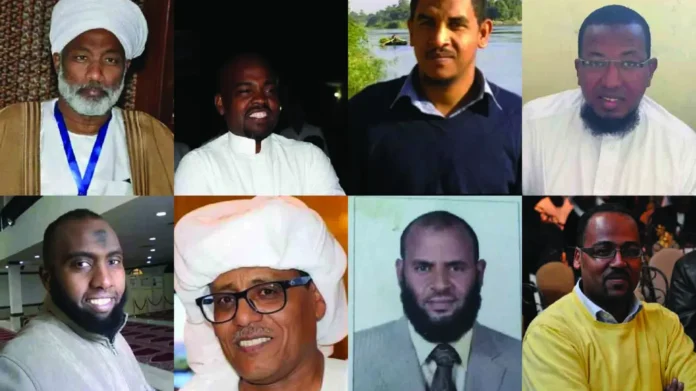Saudi Arabia is facing international pressure after authorities imprisoned ten Nubian Egyptian men for promoting their cultural heritage rights. Human rights groups, activists, and international observers are urging immediate action. They insist that protecting cultural heritage rights reflects human dignity and freedom of expression.
Authorities arrested the men in July 2020 after the Nubian community in Riyadh organized an event commemorating the contributions of Nubian soldiers in the October 1973 war. They held the men without charge for over a year. In October 2022, courts sentenced the prisoners to terms ranging from seven to eighteen years. Later, the sentences reduced to between seven and nine years.
Human rights organizations condemned these actions. They stressed that the men faced imprisonment solely for exercising their cultural heritage rights. Families reported that prisoners receive only one phone call every two weeks, limiting communication.
Authorities charged the men in September 2021 with spreading false rumors, forming an unlicensed association, and supporting a terrorist group. However, observers note these claims ignore the men’s peaceful efforts to celebrate their culture.
Lawyers also struggled to represent the detainees. Many firms refused due to the political sensitivity of the case. The Nubian Village Association in Riyadh operates legally and promotes Nubian traditions, culture, and language.
International advocacy groups argue that releasing the prisoners would demonstrate Saudi Arabia’s commitment to reform and respect for cultural heritage rights. Critics also note that earlier prisoner releases in 2025 did not indicate a broader policy shift.
Meanwhile, Saudi Arabia continues investing billions in cultural and entertainment events. Critics argue that detaining these peaceful cultural leaders undermines the country’s global image. Advocates call on authorities to act quickly and uphold cultural heritage rights for all communities.
Overall, the case highlights a broader tension between state control and cultural expression. Observers emphasize that supporting cultural heritage rights strengthens social development and international credibility.


